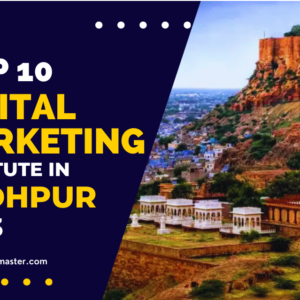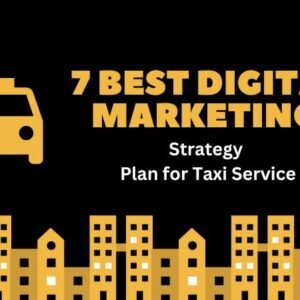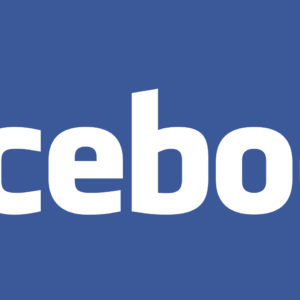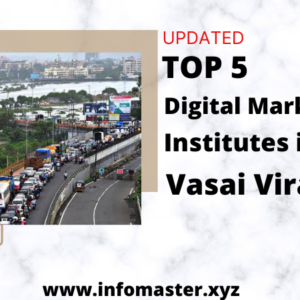Table of Contents
5 Types of Digital Marketing
In the dynamic world of marketing, businesses are continually adapting to new trends and technologies to reach their target audiences effectively. Digital Marketing has emerged as a powerful tool that enables businesses to connect with customers across various online platforms. In this article, we delve into five types of digital marketing strategies that have proven to be highly effective in engaging audiences and driving business growth.
1. Search Engine Optimization (SEO):

Search Engine Optimization (SEO) is a core digital marketing approach that aims to increase the visibility of a website in search engine results. Businesses can rank higher in search engine inquiries by optimizing website content and structure, as well as utilizing relevant keywords. Being on the first page of search results promotes organic traffic, brand reputation, and conversions. A well-executed SEO strategy assists firms in establishing a strong online presence and reaching out to potential clients.
2. Content Marketing:

The goal of content marketing is to attract and maintain the target audience by developing and distributing valuable, informative, and entertaining content. All types of content are acceptable, including blog entries, articles, videos, infographics, and other sorts of information. An effective content marketing strategy focuses on solving consumers’ problems, generating trust, and positioning the company as an industry thought leader. Engaging content increases traffic, boosts SEO, and builds brand loyalty, all of which contribute to increased customer retention and conversions.
3. Social Media Marketing:

Social media marketing makes use of social media platforms’ massive reach to advertise products or services, communicate with customers, and raise brand awareness. To engage consumers and drive shares and likes, businesses develop appealing content suited to specific social media channels. Social media marketing encourages two-way engagement with clients, allowing businesses to get useful input and establish a loyal following. Popular social media marketing platforms include Facebook, Instagram, Twitter, LinkedIn, and TikTok.
4. Pay-Per-Click (PPC) Advertising:

Pay-Per-Click (PPC) Advertising is a form of online advertising where businesses pay a fee each time a user clicks on their ad. This model allows businesses to bid for ad placement on search engine result pages or other relevant websites. PPC campaigns, like Google Ads, offer precise targeting options, ensuring ads reach the right audience at the right time. When executed strategically, PPC advertising drives traffic, generates leads, and provides a measurable return on investment (ROI).
5. Email Marketing:

Email Marketing remains one of the most effective and direct ways to communicate with customers. Businesses use email campaigns to deliver personalized content, offers, updates, and newsletters directly to subscribers’ inboxes. An effective email marketing strategy nurtures customer relationships, fosters brand loyalty, and encourages repeat business. Utilizing marketing automation tools, businesses can segment audiences, deliver targeted messages, and track the performance of their email campaigns.
About Digital Marketing:
Digital marketing has transformed the way businesses interact with their customers, making it a must-have tool in today’s technology-driven society. Brands are employing numerous digital marketing techniques to develop a strong online presence, engage customers, and drive business success, as their reliance on digital platforms grows. In this essay, we will look at the essence of digital marketing, its major components, and the significant impact it has on modern firms.
Digital marketing comprises any marketing operations that promote products or services through digital platforms and technologies. Digital marketing, as opposed to traditional marketing, provides a more targeted, data-driven strategy, allowing organizations to reach their target demographic with greater precision and effectiveness.
Pros of Digital Marketing:
Digital Marketing offers numerous advantages over traditional marketing:
- Global Reach: With the internet’s far-reaching capabilities, businesses can connect with audiences worldwide, breaking geographical barriers.
- Cost-Effectiveness: Digital marketing campaigns are often more cost-effective than traditional advertising methods, making it an attractive option for businesses of all sizes.
- Targeted Approach: Digital marketing allows businesses to target specific audiences based on demographics, interests, and online behavior, resulting in higher conversion rates.
- Measurable Results: Digital marketing provides real-time data and analytics, enabling businesses to measure the effectiveness of their campaigns and make data-driven decisions.







